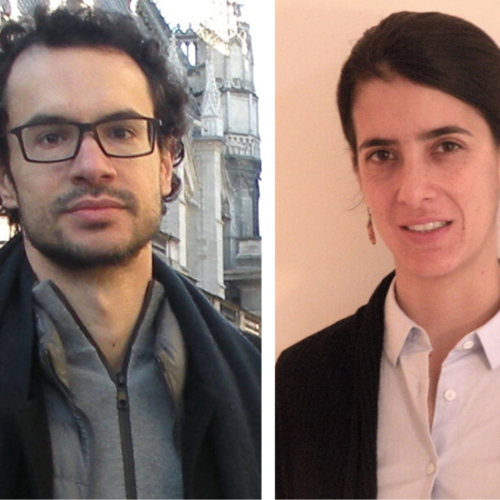Debate on Brexit
Culture, Politics and the Economy:
From a Happy to an Awkward Relationship
30th of April, 2020

Mikael Stigendal
Professor of Sociology, Malmo University
At the Albert Hall in London, the brass band from a mining town in Yorkshire has just won the national competition. The band leader is giving a speech but instead of being joyful, he turns political: “The last ten years this bloody government has destroyed an entire industry. Our industry! And not just our industry, but our communities, our homes, our lives! All in the name of progress.” The scene belongs to the film “Brassed Off” from 1996. The play at Albert Hall follows the closure, two weeks earlier, of the local pit. To understand Brexit and the historic loss of the Labour party in the December election 2019, it is necessary to go back to these times.
Before the miner’s strike in 1984, there were so many mining towns and communities across the UK. And as the film “Brassed Off” shows, they had their culture. The band in the film had existed since 1881. Music mattered. And so did the clubs, bingo nights, sausage rolls, football and a lot more. There was a richness in cultural life, supported by an economy with hard and unhealthy work, but also a high degree of labour process collectivity. By working in the pit, men became socialised into a collective which cultural life made meaningful. A social order existed implying that the class disciplined itself, which women also contributed to by, as mothers, being in control of the streets. The social order included a breeding ground for joint interests, which it was the role of politics to construct. Many of these communities were represented in parliament by miners, born and bred locally. This is what I mean with how culture, politics and the economy had a happy relationship.
The band leader in “Brassed Off” obviously knew about this. He knew that music did not matter without the pit. He understood that the closure of the pits in the 1980s and 90s destroyed not only an industry, but also communities and lives. The Thatcher government in the 1980s put in place another growth model, which made the City of London the main centre of finance capital, not by producing its own wealth but extracting it from others. People in the old working class communities did not get much of compensation, except for the gig-economy, brilliantly portrayed by Ken Loach in the recent film “Sorry we missed you”. In contrast to working in the pit, the gig-economy put workers into competition with each other. According to reports on Britain’s former mining communities, the consequences of the abandoned mining industry are still visible in the statistics of jobs, unemployment and health. The austerity policies during the last ten years have made it even much worse.
The relationship between culture, politics and the economy has thereby become awkward. Accordingly, Corbyn’s Labour could neither rely on favourable breeding grounds at the work places for the shaping of joint interests, nor a culture that could make such interests meaningful to people. Instead, those who deserted Labour acted like Joker in the Oscar award winning film from 2019 with the same title. We who in our youth got used to see Joker as the villain in the series about Batman and Robin are shown in the film how he became a villain. It is certainly not a cheerful story but characterized by poverty, violence, abuse and illness, i.e. the kind of life that many people live in today’s United Kingdom. Yet, Joker tries to follow the rules of the game but instead of getting respect, he is laughed at and mocked. That’s perhaps how many old Labour voters felt it when their own representatives, by not sticking clearly to the result of the referendum on Brexit, appeared to deprive them of the little democratic influence they believed they still had. If you are treated like a clown, why not become one, just like Joker, and vote for the biggest clown of them all, Boris Johnson?
What can be learnt from these entangled dynamics is that the Left has to get much more involved in the everyday life of ordinary people to understand their working and living conditions. This understanding should be created jointly with the people concerned, recognising their own experience, thinking and knowledge, thereby also empowering us all collectively. Such knowledge alliances [1] will be important in the development of knowledge on how contemporary wealth is produced as well as extracted, which in its turn constitutes the basis of power relations. Without that knowledge on the existing power relations and how to challenge them, we may produce long wish lists with ideas of how we would like society to be, but remain incapable of implementing them.
[1] Stigendal M and Novy A. (2018): Founding Transdisciplinary Knowledge production in critical realism. Implications and Benefits. Journal of Critical Realism 17(3): 203-220
Mikael Stigendal
Professor of Sociology
Malmo University
Sweden
Read the other essays on Brexit here:

Chris Hann
Brexit in the Valley of the Crow

Ann Pettifor
Brexit and its Consequences

Kevin Morgan
Post Pandemic Brexit

Bob Jessop & Ngai-Ling Sum
Brexit as a double movement?

Matthew Watson
The Conservative Party's Impossible Brexit Politics
of 'Habitation vs. Improvement'




